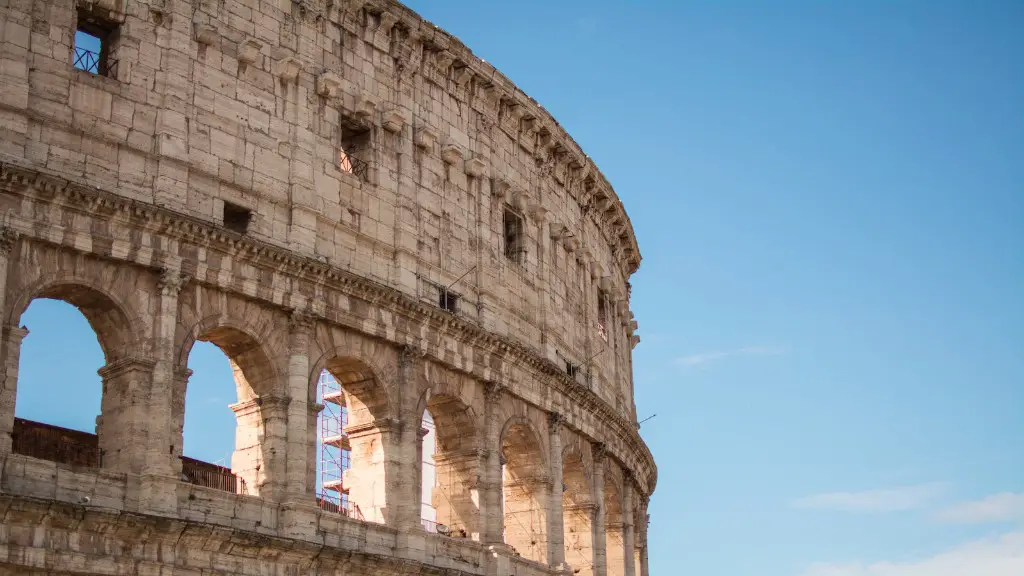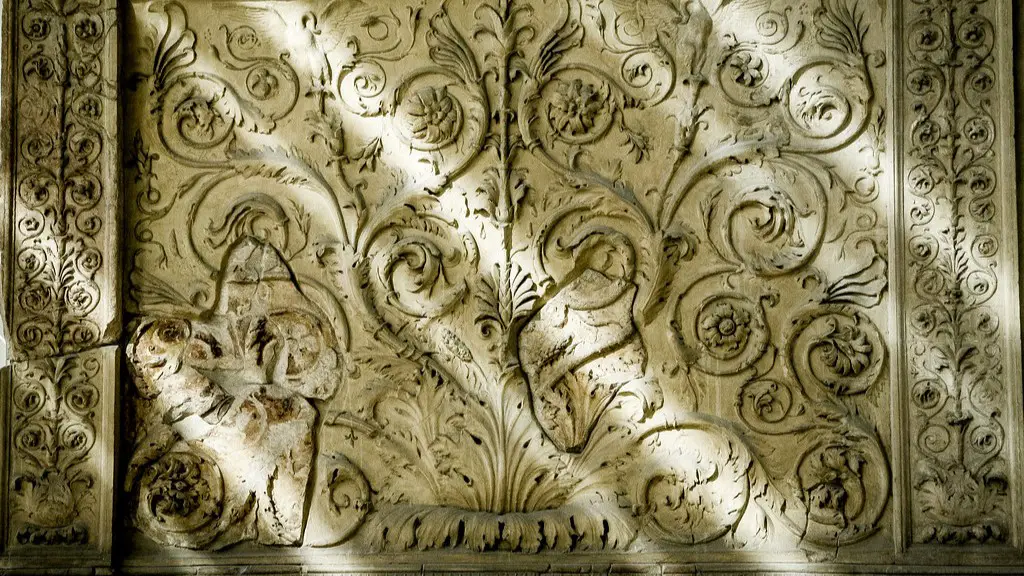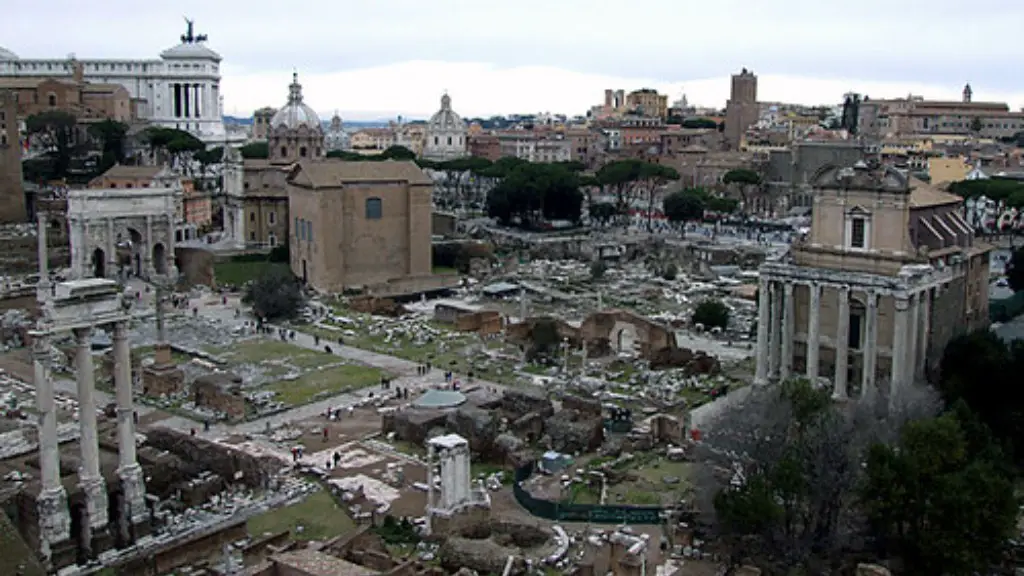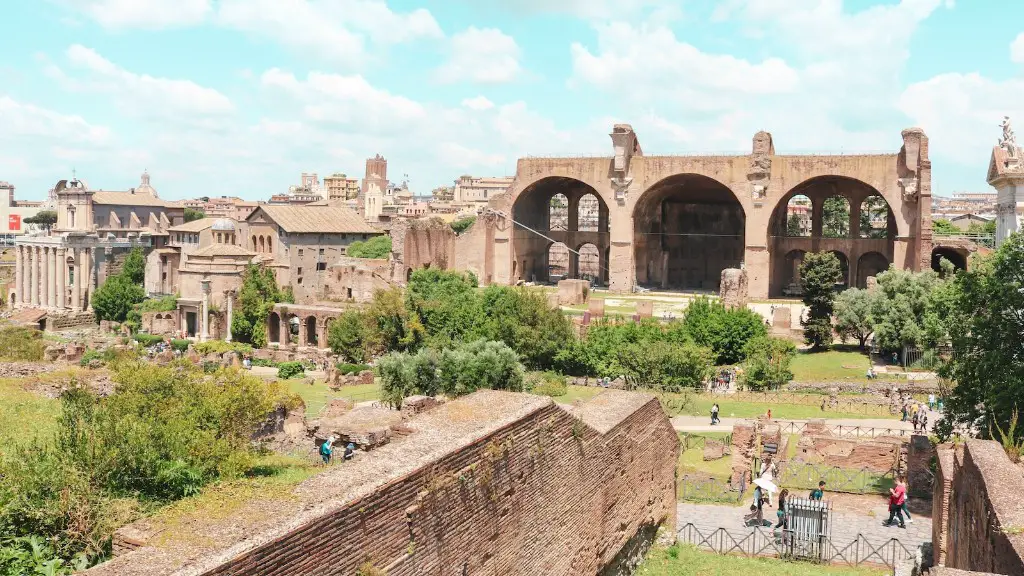Ancient Rome and the Role of the Dictator
The Roman Republic made use of the office of dictator on several occasions in times of extreme danger to the state. The office was never intended as a permanent one and its powers had to be renewed after a period of 6 months or 1 year. According to ancient Roman historian Livy, “the ultimate purpose of the dictatorship was not only to give supreme power for a brief period to a single individual, but to save the state in some unforeseen emergency.
A dictator was one of the two consuls normally elected by the citizens of the Roman Republic to govern them for a one-year term. The key difference was that the dictator held more power than the elected consuls and had the ability to override any decision made by the other consuls in times of emergency. He had the authority to choose his own magistrates and call on the state militia to serve his purposes; in addition, he had the power to impose severe penalties such as exile or execution without the approval of the other consuls.
In times of crisis, the Roman Senate appointed a dictator to restore order and enforce their will. The most famous example of this was Julius Caesar, who was appointed as dictator in 49 BCE. He used his newfound powers to reshape the Roman Republic and eventually proclaimed himself Emperor of Rome. This set a precedent for centuries of dictatorships in Rome, culminating in the Roman Empire.
From the perspective of historians and political scientists alike, the role of the dictator in Ancient Rome was always seen as a necessary evil. It was a means to an end: restoring the Republic from a crisis or conquering new lands and expanding the boundaries of the Republic. Nonetheless, the dictators exercised absolute power over the citizens, which often led to abuses of power and civil unrest. The Roman Senate sought to offset this abuse by limiting the power of the dictator and renewing the office after a period of 6 months or 1 year.
Despite the problems associated with dictatorship in Rome, the institution was essential in times of crisis. It allowed the state to respond quickly to unexpected disasters and threats, and to mobilise the Roman army with minimal delay. In this sense, the office of dictator was an invaluable tool for ensuring the survival of the Roman Republic.
Rise of the Dictators
The rise of dictators in Ancient Rome coincided with the weakening of the Roman Republic during the period of the Late Republic. The series of civil wars between Marius and Sulla, among others, demonstrated the weakness of the Republic and prompted the Senate to appoint dictators in times of crisis. It was an effort to restore order and authority, but it also undermined the Republic’s stability in the long-term.
The dictatorship also allowed individuals with ambitions to seizing power, such as Julius Caesar and Pompey, to rise to positions of supreme authority. They abused their powers by passing laws without the approval of the Senate and expanding the boundaries of the Republic. This ultimately led to the establishment of the Roman Empire, which replaced the Republic as the dominant form of government in the region.
The dictators of the Late Republic, such as Julius Caesar, set a powerful precedent for future rulers, including the Roman emperors who followed them. The emperors, who derived their power from the same office, held absolute authority over the Roman people and were able to exert control by means of force and intimidation.
Legacy of Dictatorship in Ancient Rome
The legacy of the Roman dictatorship has shaped the way society has viewed the concept of absolute rule ever since. Over the centuries, the idea of the absolute ruler has gained more acceptance in some places than in others, but it has become an integral part of human history.
The Roman Republic was, in a sense, a precursor to the modern democratic system and its legacy continues to inform debates and discussions about the value of absolute rule. In the modern world, dictators and autocrats have been viewed with suspicion and criticism, and the ideals of liberty, representative government, and human rights have been borrowed from the democratic system established by the Roman Republic.
The history of the Roman dictatorship has shown that absolute rulers are rarely successful in the long-term. While the authoritarian system may be effective in times of crisis, it is ultimately detrimental to the development of a healthy society. The ancient Roman experience is a reminder that political authority should always be in the hands of the people themselves.
Dictatorship After Ancient Rome
In subsequent centuries, the model of the Roman dictatorship was adopted by many rulers around the world. From the early modern period to the 20th century, autocratic regimes emerged in many countries, often using violence and coercion to maintain control. These regimes ranged from absolute monarchies to military juntas to totalitarian states.
The legacy of the Roman dictator is still visible today in the form of absolute monarchs and authoritarian governments. In many cases, these regimes have used their powers to repress opposition and deny basic rights and freedoms to their citizens. In recent decades, there has been a trend towards more democratic forms of rule, and dictators in some countries have been overthrown in favour of elected governments.
Nevertheless, the legacy of the Roman dictatorship remains an important part of history and a reminder of the risks of absolute power. Even in a democratic system, the abuses that occurred in Ancient Rome serve as a reminder of the importance of checks against abuses of power and the need for accountability and transparency in government.
A Warning for Modern Democracy
The legacy of ancient Rome’s dictatorships serves as a warning to modern democracies. It is a reminder that unchecked power can lead to the oppression and abuse of citizens, and that democracies must guard against such abuses of power. In modern times, the power of dictators is often limited by constitutional checks and balances as well as independent judicial systems and the rule of law.
The Roman experience is also a reminder of the dangers that arise when elected leaders become too powerful and start to act beyond the boundaries of their roles. This can lead to corruption, brutality, and ultimately the erosion of the very values of democracy that such leaders are elected to represent.
The history of the Roman dictatorship and its legacy in the modern world demonstrates the importance of the rule of law and constitutional limits on power. It is a reminder that, in democracies, power must be exercised within the bounds of the law and that citizens must remain vigilant in ensuring that their systems of government do not become tyrannies.




